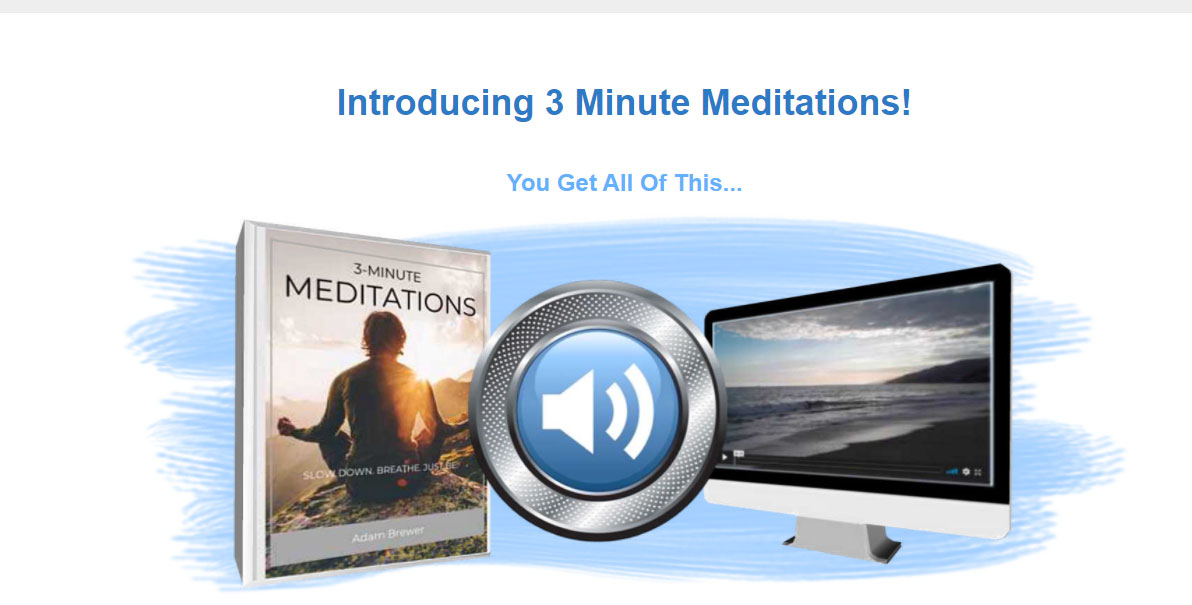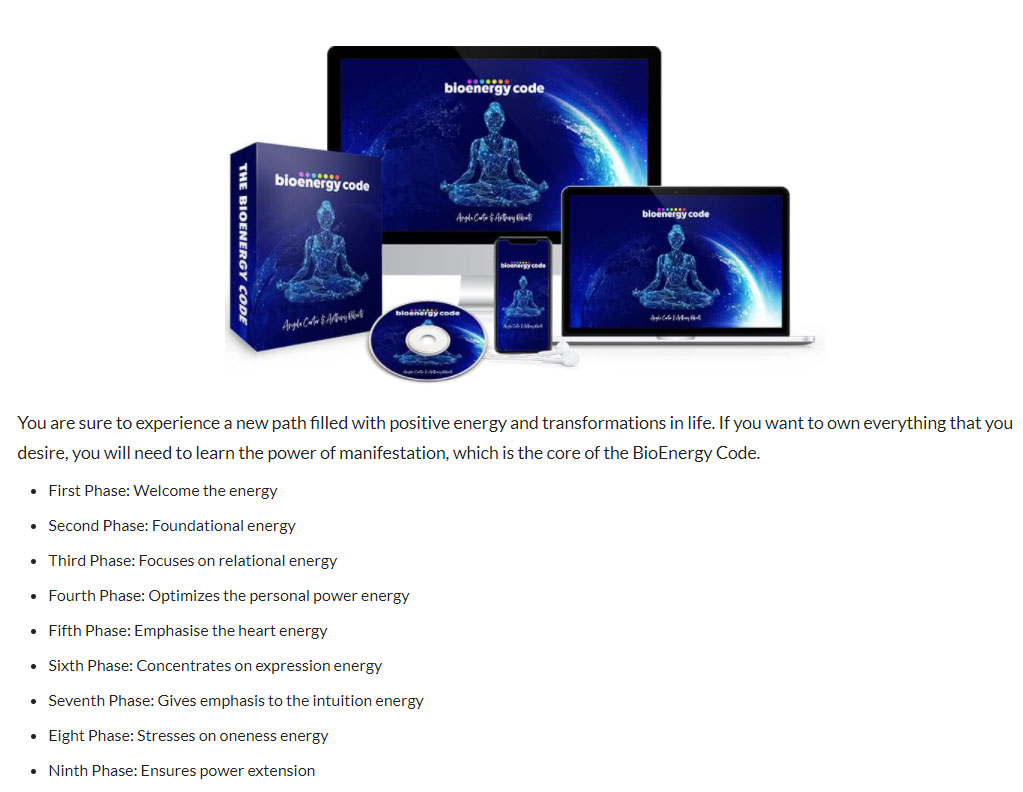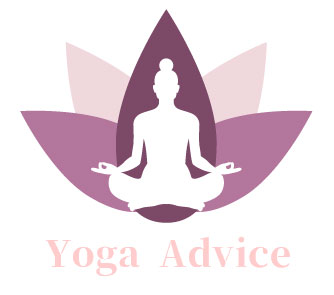Carpe diem meaning in english
Carpe diem : We often find uvet this famous Qvre da maxim on sundials which are the very representation of time passing inexorably. Obviously, this sentence makes sense on an instrument that allows us to see the rhythm of the hours passing by.
What does carpe diem mean?
The full Latin phrase is "Carpe diem quam minimum credula postero" from Horace's verses. It translates into this well-known phrase: "Pick the day without worrying about the next day, and be less gullible for the next day". In simpler terms, it can be summed up as enjoying the present moment and not putting anything off until the next day.
It was Horace, an ancient Roman philosopher, who had given this advice to Leuconoe so that she could enjoy life, without worrying about the day and hour of her death, which, in itself, cannot be known to anyone in advance. To do this, she must maintain a healthy discipline in life and not put things off until tomorrow.
The disbeliever knows why he is there, because he knows that no one knows the future and that what is important is that moment.
Who can know in advance when the day of his death is expected? Also, perhaps it is better to take advantage of every moment of the present, it helps to put things into perspective. The urgency of the future is no longer, by focusing on now, the idea is to be calmed down and to project less into the future.

Carpe diem: more than an expression, a philosophy of life
The principle of the adage has gradually changed over time, but it remains very much rooted in an optimistic way of life. If the concept of enjoying the present moment remains, it is the way in which it is applied that has changed.
Origin of carpe diem
This life advice has been somewhat overlooked over the years. Also, this epicurean current of thought, reported to the Greek philosopher. While Epicure gave his name to the way of enjoying life and its pleasures, he did not advocate living without rules and morals. On the contrary, one had to live a healthy life, satisfying oneself with what each day brings.
Indeed, there is no question of living in a debauched way or without thinking about the consequences. We appreciate the present moment by what it offers us in the immediate future and which relates to the pleasures of simple things. Thus, a ray of sunshine in the morning, a delicate attention or an unexpected encounter will be loved and welcomed fully. And, it is in this that the saying will take all its meaning.
Application in today's society
Of course, with our current lifestyle, it is sometimes difficult or complicated to dwell on details or simply take the time to look and listen. Yet, when we force ourselves to pause for emergencies, we realize that there are many beautiful things around us. Being in a philosophy of enjoying the present moment allows us to be less anxious. You are thus in a more immediate and less reflective relationship. In a way, you are more spontaneous and, in fact, more natural. When there is no hold or calculation on our interactions, the connection with others and with the elements is more fluid.
Horace was a bon vivant, in the epicurean sense. He appreciated the little things in life and encouraged others to live by this precept. It was not a matter of doing anything at the expense of morals and good behavior. But, already, to forget the worries of the soul and the physical sufferings. Thus, Epicurus explains, "With a little bread and water, the wise man rivals Jupiter in bliss. The notion of knowing how to enjoy a simple life is well known.
Living in peace with oneself, in connection with nature
We must know how to receive what nature gives us and above all live in harmony with it.
"Sic transit gloria mundi", this Latin expression expresses the ephemeral nature of the glories of a moment. In other words, the moment when the thing is beautiful or good at that moment. So know how to appreciate it at its true value, because tomorrow you may not be around to see it. The ephemeral nature of the present is completely integrated in the adage of carpe diem. Time, this invisible notion, which escapes us and over which no one has any control, is fleeting. When we live in the present time, then the past and the future no longer have a hold on our actions, our choices or our regrets.
Getting rid of the past, ignoring the mistakes or actions we have made or suffered is liberating. You have to come to accept the idea that you can't go back. Either you have been a victim of other people's mistakes and we are not responsible. Or you have made them and you have certainly paid for their consequences in some way, for example by simply feeling remorse.
As for the future, nobody knows it. So why strive to deprive yourself of "now" because "tomorrow"?
Obviously, we must qualify what we say, and not suddenly decide not to plan for anything. You have to try to find the right balance between, you live today, you enjoy, you take your time, but you know that tomorrow will come, and you will be ready and above all calmed down to welcome all the good things that will happen.
How to put carpe diem into practice on a daily basis?
While adopting this positive thinking is tempting and seems easy, it is not easy to apply it every day. Indeed, you are shaped by your daily life, your work and society in general.
In order to do this, you need to be aware that you are in the present moment. This is done through the senses such as smell, touch and sight.
Breathing plays an important role in reconnecting to the present moment.
Meditation exercises
Practicing meditation can be learned and you will become more and more comfortable to disconnect easily. Meditation exercises are designed to help you refocus on yourself. Thus, to avoid having wandering thoughts or parasitic thoughts, you need to concentrate your breathing. Breathing function is amazing because it can be regulated instinctively, you breathe without thinking about it. And you can control it as well. By becoming aware of your breathing movements, by choosing to inhale through your nose and exhale through your mouth your mind is completely mobilized and this allows you to empty your mind. So you are in the moment.

Expressing Gratitude
Gratitude is feeling happy to live this moment and thank nature or whoever you want. The action of thanking is totally in the idea of positive thinking. Some things seem so natural or so obvious that they are perceived as banal. Only, if you think about it, does everyone get to experience what you are experiencing?
You're too aware of the ephemeral side of things and, in fact, you rush to appreciate it. On the contrary, it's all about enjoying it to the fullest, making sure that this moment lasts a long time by stretching time precisely. This is also the true meaning of carpe diem.
By learning to live in the moment, you learn to modify your emotions
Obviously, living this way is less reassuring than living in an ideal imaginary future where everything is going to be wonderful, or in the past, which reminds us of reassuring moments.
So, yes, at the beginning it will be difficult to let go.
Practice, as explained above, the breathing that, if you are aware of it, will calm your mind and bring you back to your physical body. Breathing consciously allows you to regain relaxation and serenity. Breathing is either automatic, instinctive or directed by your mind.
Welcoming things that happen, good or bad. If you are prepared to take a step back from the situations that happen to you every day, you will be able to manage your emotions and not react in the wrong way.
When you're going through a difficult time and you're lost, take time to be. Get out, breathe, and if that's not possible, do something fun that you enjoy, that amuses you, but most of all, that makes you feel good.
Here and now
So don't miss out on your life anymore. Put value on all the little things that happen in your life. When you are stuck in the past or in the future, it is obvious that you are not there. Even if you are there physically, your mind is not. You must have heard reproaches from those around you such as "you're not there" or "you're in the clouds". These remarks are very significant about your ability to be absent from the action while your body is there.
To summarize the philosophy of life of carpe diem, you have to be in balance. Yes, you have to be able to look at what is around you, but in many different ways, from many different angles, or take the time to contemplate. You have to appreciate what is happening, take a step back to manage your reactions. But learning from your past is still necessary, so going back in thought to your past to find a solution to a present difficulty may be the answer. Life experiences are useful. On the other hand, living intensely in the present moment will allow you to be a fulfilled person, less anxious and above all well prepared for the future.
Do you use this concept in your life and how do you apply it? Share your experiences, they will certainly be useful for other readers! On this "Carpe Diem"!


